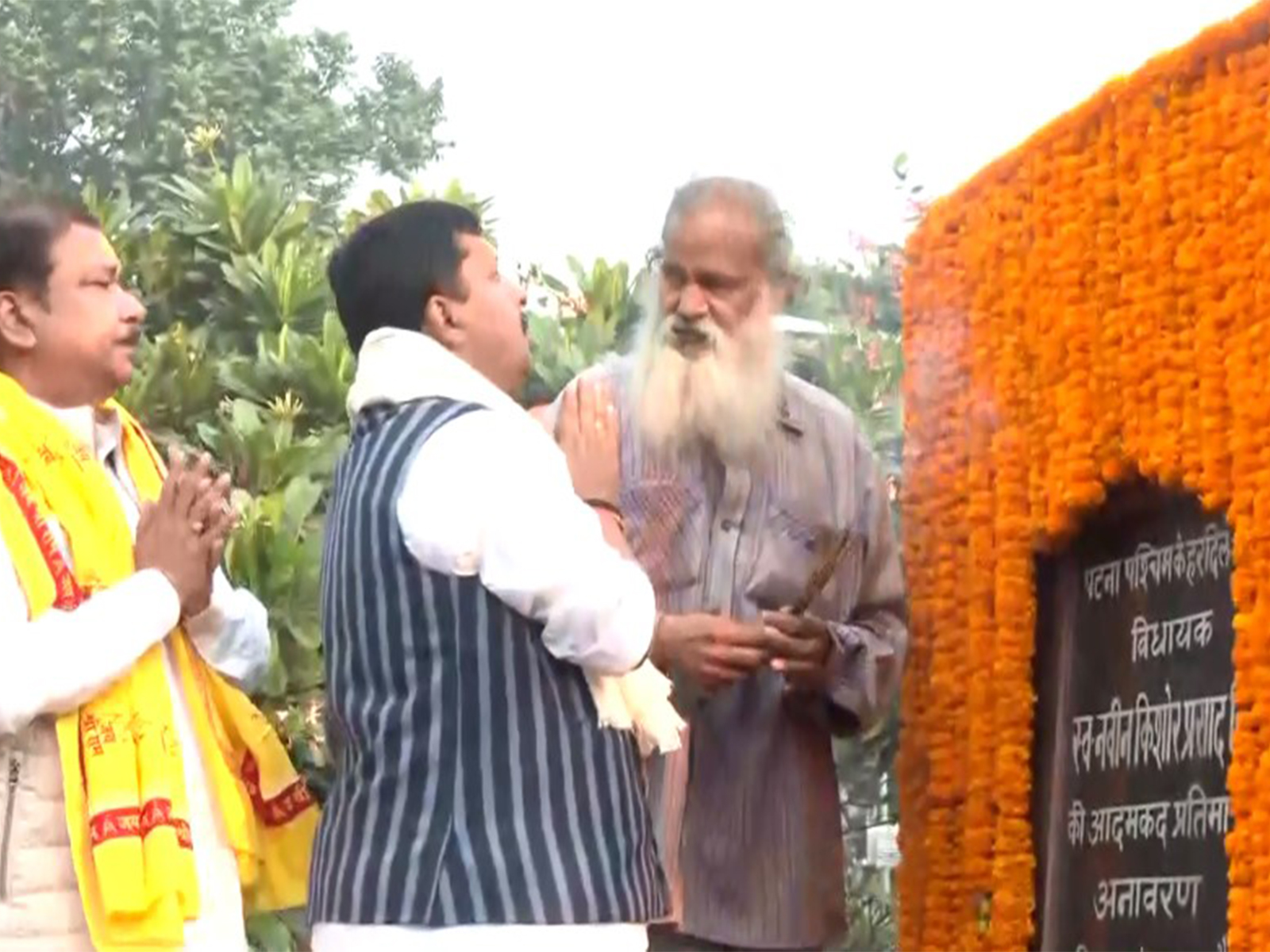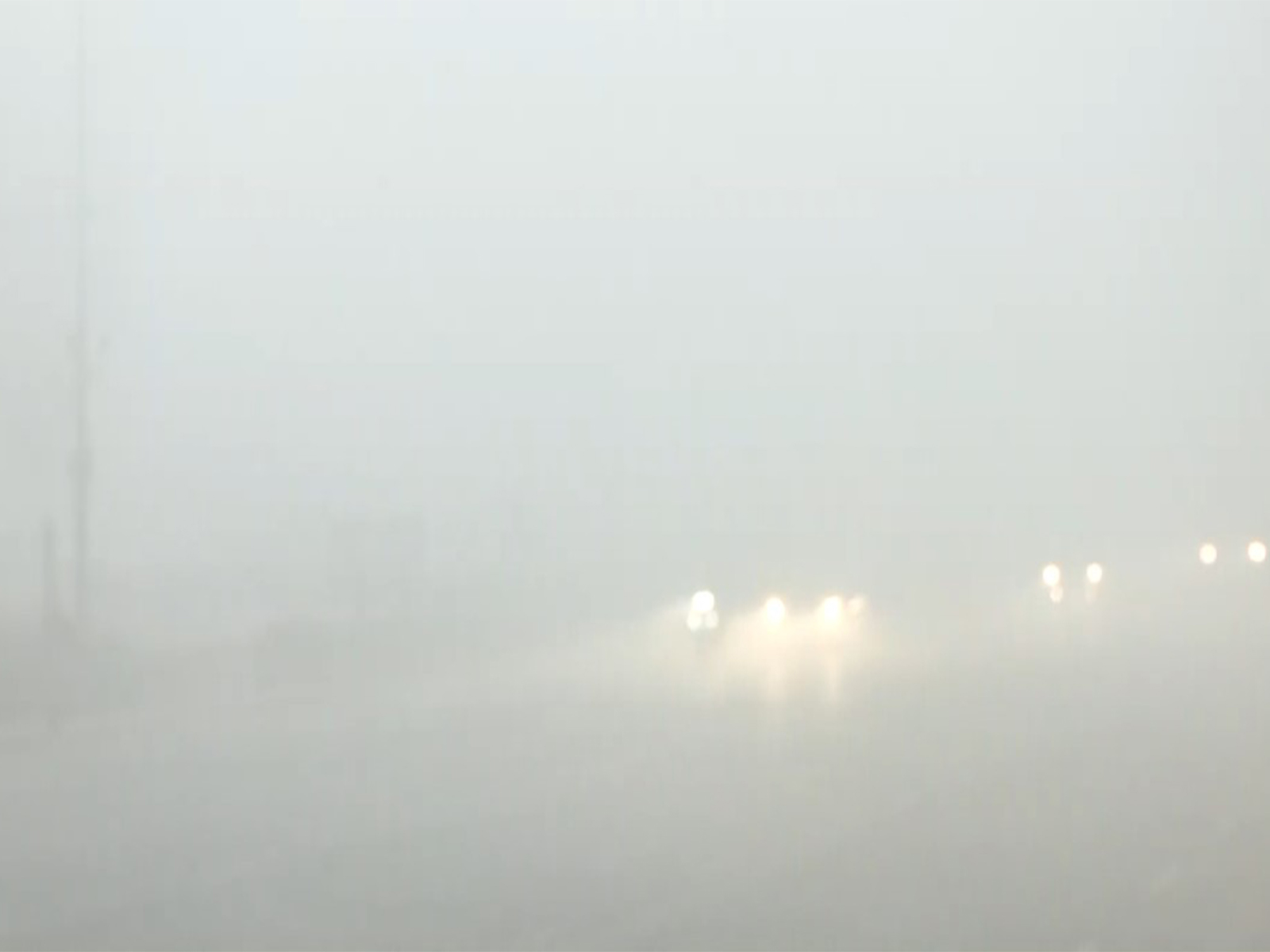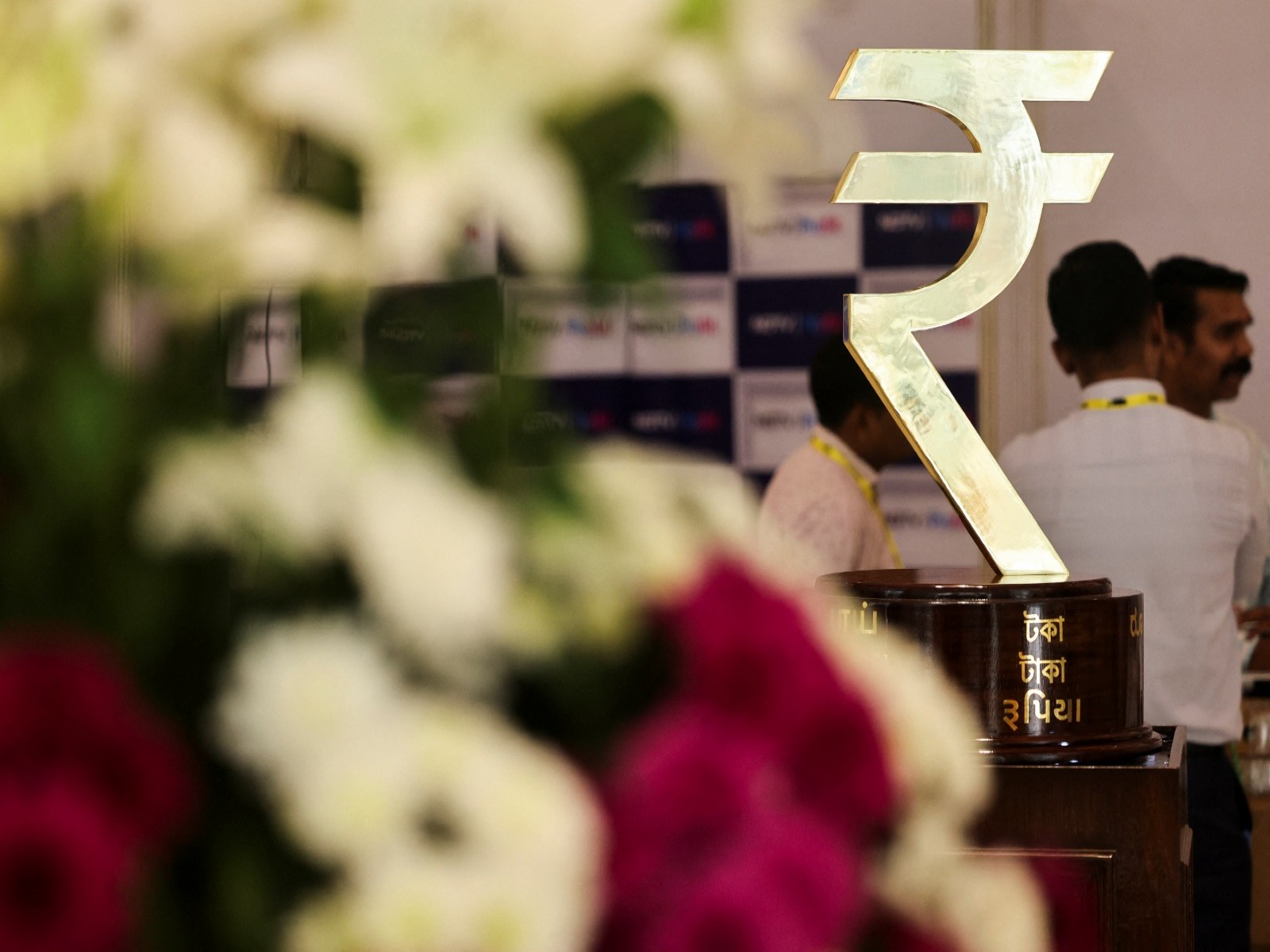"Congress party never apologized for imposing an Emergency": BJP leader Gaurav Bhatia
Jul 13, 2024

New Delhi [India], July 13 : Bharatiya Janata Party leader Gaurav Bhatia praised the government's decision to announce June 25 (the day the Emergency was imposed) as "Constitution Murder Day" and said that the Congress and party leaders Rahul Gandhi, who display the Constitution of India have "never apologized" for imposing an Emergency on the nation.
The Government of India on Friday announced that June 25 will be remembered annually as "Constitution Murder Day" in remembrance of the Emergency declared by the Indira Gandhi government in 1975.
Speaking to ANI, the BJP leader said that the imposition of Emergency by Former Prime Minister Indira Gandhi was the "darkest day."
"This is a very important decision taken by the government. The reason is very simple, in the annals of history, the darkest day and era has been the imposition of emergency by the late Indira Gandhi. The current generation is aware of this fact and we have learnt our lessons. The sad part, the agonizing part is that the Congress party and its leaders, like Rahul Gandhi, who hold and display the Constitution of India, have never apologized to the country for imposing an emergency on the nation," Bhatia said.
The BJP leader said that the behaviour of the Congress party is that they "justify" the imposition of the Emergency.
"In a very recent write-up by Shri Sonia Gandhi ji rather than apologising and saying it was the darkest day in the Democracy of our country she justifies the imposition of the Emergency and she goes on to say that there is nothing to regret. Such is the behaviour of the Congress party," he added.
In a write-up, Sonia Gandhi said the issue was dredged up by Prime Minister Narendra Modi to divert attention from the assault on the Constitution.
Bhatia further said that it is important that our current generation and future generations be aware of the imposition of Emergency
"Therefore it is important that our current generation and future generations are also aware of the imposition of Emergency and we learn our lessons. So that the nation could move forward," he said.
Earlier on June 26, the Lok Sabha adopted a resolution condemning the Emergency imposed by then Prime Minister Indira Gandhi as Speaker Om Birla read out the resolution condemning the act and said that June 25, 1975, will always be known as a black chapter in the history of India.
On the occasion of the completion of 50 years of Emergency imposed in 1975, Birla praised the strength and determination of all those who strongly opposed the Emergency, fought and protected India's democracy.
Birla said, "This House strongly condemns the decision to impose emergency in the country in 1975. Along with this, we appreciate the determination of all those people who strongly opposed the emergency, fought an unprecedented struggle and took the responsibility of protecting the democracy of India."
He added, "The day of June 25, 1975, will always be known as a black chapter in the history of India."
The Emergency of 1975 in India stands as a stark chapter in the nation's history marked by widespread political turmoil and civil liberties suppression. Declared by then-Prime Minister Indira Gandhi, the Emergency saw the suspension of fundamental rights and the imposition of strict censorship, aiming to quell political dissent and maintain order.
It resulted in the arrest of thousands of opposition leaders, activists, and journalists without due process, leading to a climate of fear and uncertainty. The period witnessed significant curtailments of press freedom and civil liberties, with media outlets facing censorship and restrictions on reporting.
The Emergency was lifted in 1977 following widespread public outcry and electoral defeat for the ruling party, underscoring the resilience of democratic institutions and the importance of upholding constitutional values in India's political landscape.
The legacy of the Emergency continues to serve as a reminder of the fragility of democratic freedoms and the necessity of safeguarding them against authoritarian tendencies.



















